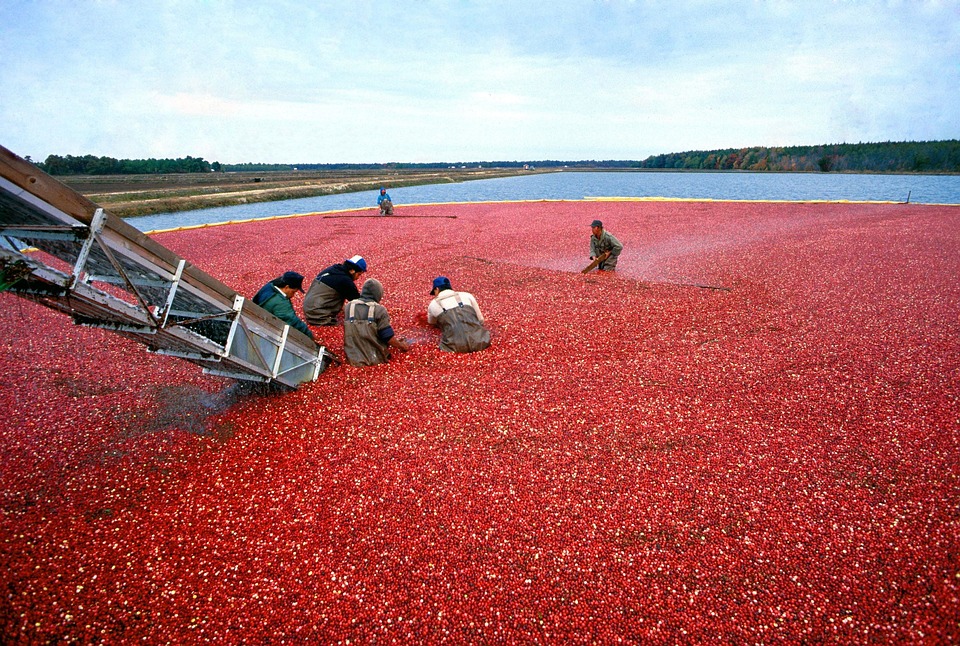Most of those people died “because of lack of medical care, unsanitary cells, insufficient food and limited access to clean water,” according to the latest United Nations human rights report on the situation in the Caribbean island nation.
Haiti faces a serious humanitarian, political and security crisis due to gang violence, compounded by deep-rooted poverty and a series of devastating natural disasters, most recently Hurricane Melissa.
The country’s justice system has struggled to function effectively amid these crises. Cases are not tried quickly enough and 82 percent of prisoners are held in detention awaiting trial.
Here’s what you need to know about Haiti’s prisons and how the UN is helping to improve the situation for inmates.
William O’Neill (center) visits a detention center in Haiti.
Prisons under pressure
At the end of September 2025, more than 7,200 men, women, boys and girls were detained in Haitian prisons. Convicted criminals are often held alongside awaiting trial inmates and children are frequently detained alongside adults, in violation of international standards, including the Nelson Mandela Rules, the universally recognized model for 21st century prison management, named in honor of the former South African president who was incarcerated for 27 years as a political prisoner.
Gang occupation of urban areas where several prisons are located and high-profile escapes, some led by gang members, have further reduced the capacity of the prison system and led to overcrowding.
Some prisons hold at least three times the number of people they were built for.
Inhumane conditions
Conditions in Haitian prisons have been described by the UN as inhumane and degrading, but what does that actually mean? William O’Neill, the UN-appointed expert on the human rights situation in Haiti, has visited many of them: “Frankly, the conditions are inhumane. Incredibly crowded and hot. There is not enough food. There is very little access to medical care. Prisoners are kept in cells for many hours in a day with very little air or light, or access to water, toilets and showers.”
Fifty-two people have died in custody over the past three months in Haitian prisons, most of them “from illnesses that should not kill them,” Mr. O’Neill said, adding that “they are so weakened by the conditions and the lack of adequate nutrition and access to enough water, it’s a deadly combination.”
The penal system has a budget intended to provide food to prisoners, but this money is often diverted elsewhere through corruption.
A Haitian who spent three years in pretrial detention has been released with UN support.
Arrested for stealing two pairs of shoes
Deadly conditions are largely the result of housing too many detainees in too little space.
This chronic overpopulation is a direct result of the practice of incarcerating people upstream from a trail. Known as pretrial detention, in Haiti, 82 percent of the nation’s prison population awaits trial, so innocent in the eyes of the law, until proven guilty at trial.
One prisoner told William O’Neill that he had been waiting for a court date for two years; his alleged crime? The theft of two pairs of shoes.
“There is a delay because the justice system is not working,” Mr O’Neill said. “There aren’t enough trials and they keep arresting people. The police often arrest people en masse. Literally, they come to the scene of an alleged crime and arrest everyone they find. People get caught in that kind of dragnet and spend a lot of time in jail even if they had nothing to do with the crime.”
Gangs of Port-au-Prince
The violence in the Haitian capital, Port-au-Prince, where gangs reportedly control 90 percent of the territory, has led to the closure of many courts, further slowing down the justice system.
At the same time, in March 2024, the capital’s two main prisons, the National Penitentiary of Port-au-Prince and the Croix-des-Bouquets prison, were attacked by gangs, leading to the escape of 4,600 inmates, including several notorious gang leaders.
Local sources indicated that many escapees joined and strengthened the ranks of several gangs.
A gang member poses in the Delmas 3 district of Port-au-Prince.
Rebuilding justice
Supporting prison reform and improving conditions of detention in Haiti has been a key objective of the United Nations political mission in Haiti, BINUHthe Human Rights Office and designated expert and a key pillar of the broader UN mandate to strengthen the rule of law and human rights. The objective is to carry out long-term structural reform to address systemic deficiencies in the justice sector.
Initiatives have included helping prosecutors and judges attend prison hearings, leading to the release of some young people and reductions in pre-trial detention. Training was provided to police and prison officers, and the UN supported the rehabilitation of detention centers, including the installation of basic infrastructure such as latrines, water access points and ventilation systems.
Ultimately, it is Haiti’s Ministry of Justice that is responsible for prison and police reform and according to designated expert, William O’Neill, the UN can support the authorities “by providing expertise and resources, but also by demanding results. We are not just going to continue to provide training and equipment. We need results and lasting results.”
Originally published at Almouwatin.com








